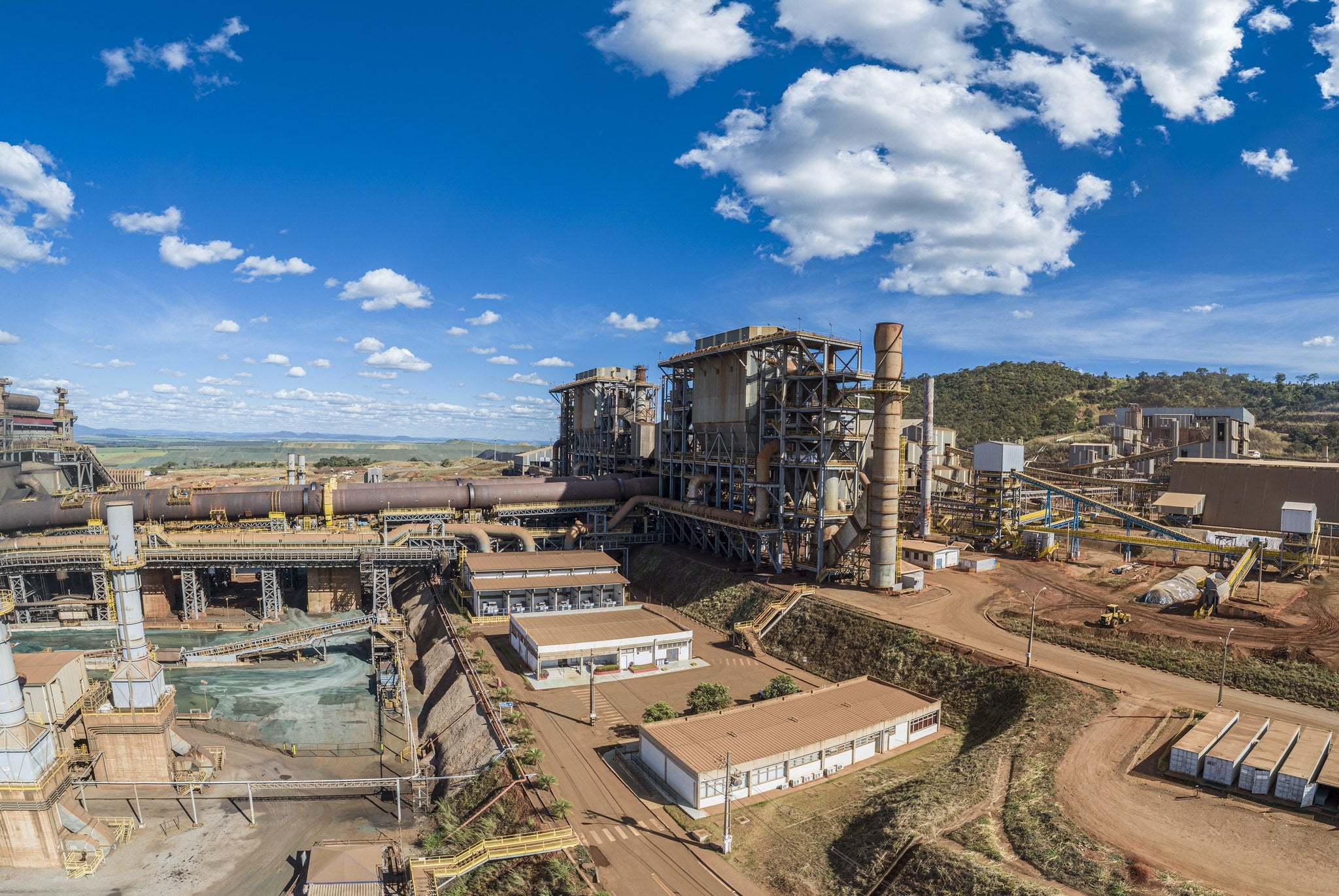Anglo American rejects second takeover offer from BHP worth £34bn
The mega-merger would have created the biggest copper miner in the world, with 10% of global output.

Your support helps us to tell the story
This election is still a dead heat, according to most polls. In a fight with such wafer-thin margins, we need reporters on the ground talking to the people Trump and Harris are courting. Your support allows us to keep sending journalists to the story.
The Independent is trusted by 27 million Americans from across the entire political spectrum every month. Unlike many other quality news outlets, we choose not to lock you out of our reporting and analysis with paywalls. But quality journalism must still be paid for.
Help us keep bring these critical stories to light. Your support makes all the difference.
Mining giant Anglo American has rejected a second revised buyout offer from BHP, which this time valued its rival at £34 billion.
In a stock market update, BHP said it was “disappointed” that South Africa-based company Anglo American had rebuffed the offer, in what would have been the biggest deal in the mining sector for a decade.
In late April, Anglo American declined a similar offer which valued it at about £31 billion, saying the board had unanimously agreed that it significantly undervalued the company.
As well as the uplift in value, the new offer would have given Anglo American shareholders a 16.6% stake in the new company, up from 14.8% in the first.
BHP and Anglo American are a strategic fit and the combination is a unique and compelling opportunity to unlock significant synergies by bringing together two highly complementary, world-class businesses
Under the potential deal, BHP said it would offer £27.53 a share, including £4.86 in subsidiary Anglo Platinum’s shares and £3.40 in iron ore business Kumba’s shares.
But Stuart Chambers, chairman of Anglo American, said “The latest proposal from BHP again fails to recognise the value inherent in Anglo American.
“Anglo American shareholders are well positioned to benefit from increasing demand from future enabling products while the increasing capital intensity to bring greenfield supply online makes proven assets with world class resource endowments ever more attractive.”
The deal would be another blow to the London stock market, with the loss of Anglo American from the top tier of shares and another FTSE 100 mainstay.
Shares in Anglo American fell after the rejection news emerged, and were trading 0.9% down on Monday afternoon.
While Anglo American is London-listed it was founded in South Africa and has its headquarters in the country, where politicians and unions have said they are against the takeover.
Mining minister Gwede Mantashe said BHP’s merger with South African miner Billiton in 2001, “never did much” for the country after the first offer was rejected.
The country’s government-owned Public Investment Company is Anglo American’s largest stakeholder, holding a 7% stake in the company.
BHP’s bids have also sparked reports that the Swiss mining company Glencore and British-Australian miner Rio Tinto are also considering making approaches.
Anglo American’s vast reserves of copper are a key driver of the interest in the business, as the mineral is an important building block for low-carbon technologies such as solar farms and electric cars.
Demand for the metal could double by 2035 and lead to supply shortfalls, according to S&P Global forecasts.
The takeover would create the world’s biggest copper miner, with around 10% of global output.
Mike Henry, BHP chief executive, said he and other directors “strongly believe (the offer) would be a win-win for BHP and Anglo American shareholders”.
“BHP and Anglo American are a strategic fit and the combination is a unique and compelling opportunity to unlock significant synergies by bringing together two highly complementary, world-class businesses.
“The combined business would have a leading portfolio of high-quality assets in copper, potash, iron ore and metallurgical coal and BHP would bring its track record of operational excellence to maximise returns from these high-quality assets.
“The combined business would also have the balance sheet strength, capital discipline and operational capability to execute the attractive pipeline of growth options in BHP and Anglo American’s portfolios.”